Google is the most popular search engine worldwide, but it isn’t the only potential source of traffic. If you want to bring more people to your website, it’s worth focusing on alternative search engines such as Qwant. Just what is Qwant, and how can you create a SEO strategy for it?
In today’s guide, we’ll explore the characteristics of Qwant. Then we’ll outline some tips to help you optimize your content for this search engine. Let’s get started!
What Is Qwant?
Qwant is a French search engine first launched in 2013. It’s now the default search engine for the French government, and it processed roughly 18 billion search requests in 2018:
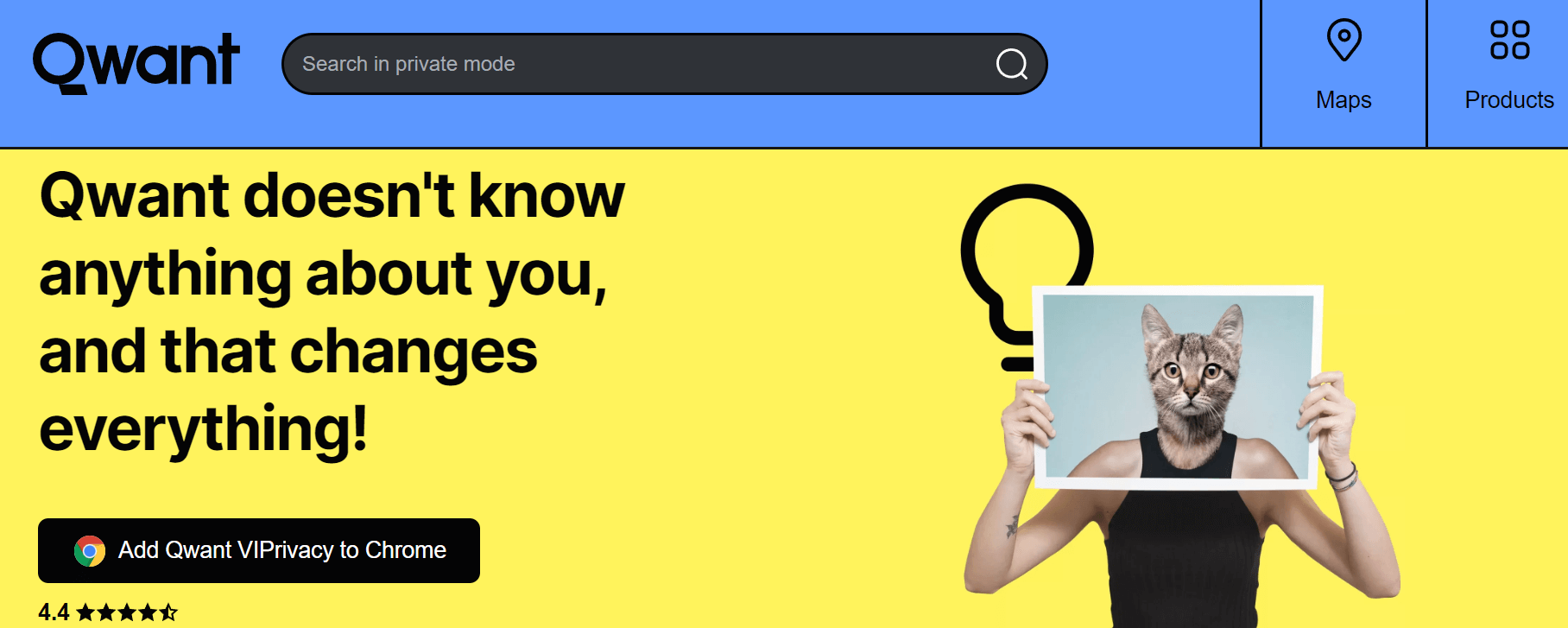
Qwant’s interface looks pretty similar to Google’s. When searching for a term, you can filter according to categories such as News, Images, Videos, and Music. Moreover, you can choose the country and language for your results and select the freshness of the content:

Like DuckDuckGo, Qwant is a privacy-focused search engine. It doesn’t use any cookies to track your actions and searches, either for advertising purposes or to provide curated content. Additionally, it bills itself as an ethical search engine because it doesn’t sell your data to third-party companies.
Qwant uses unique algorithms and indexing methods that don’t rely on private data. Furthermore, it has a commitment to supplying impartial and balanced information.
Alongside its search engine, Qwant includes a Maps application similar to Google Maps:
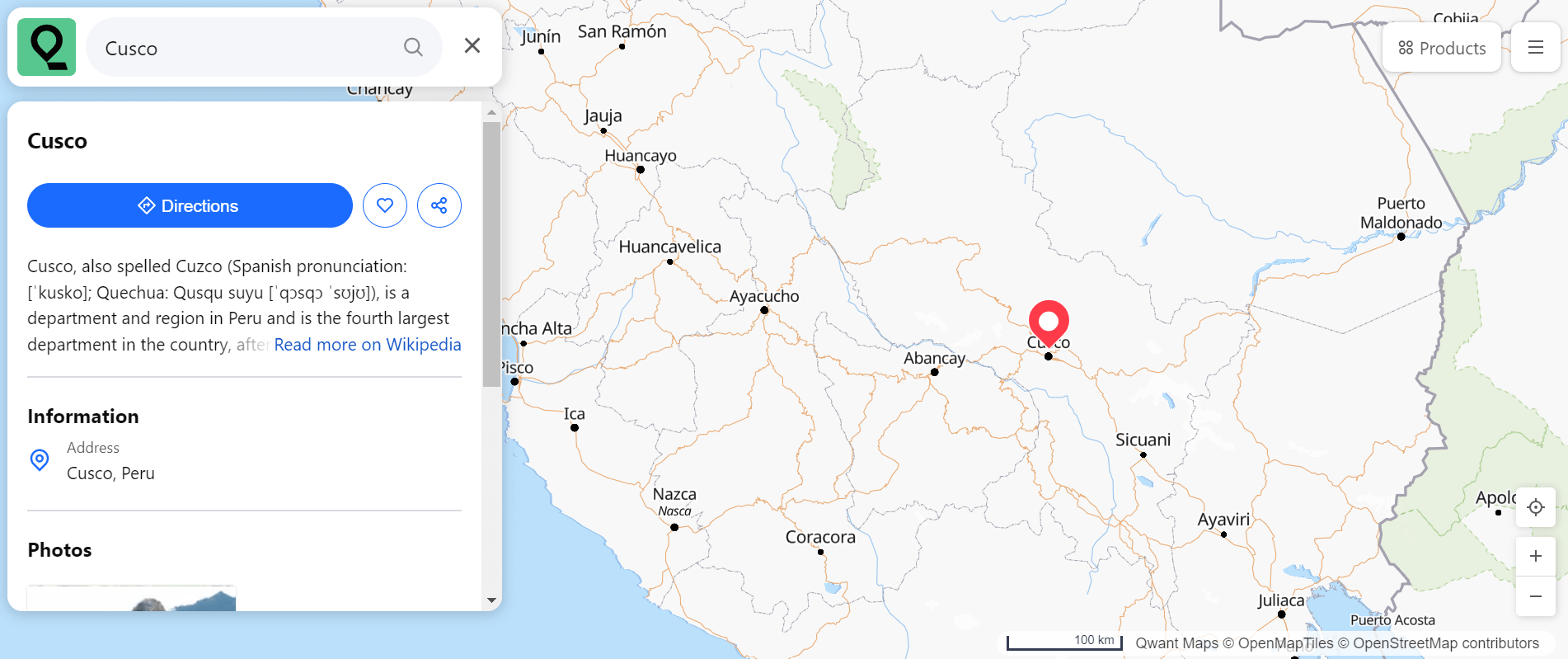
Additionally, there is a Qwant Junior version available. This is a child-friendly search engine designed for educational and safe search results:
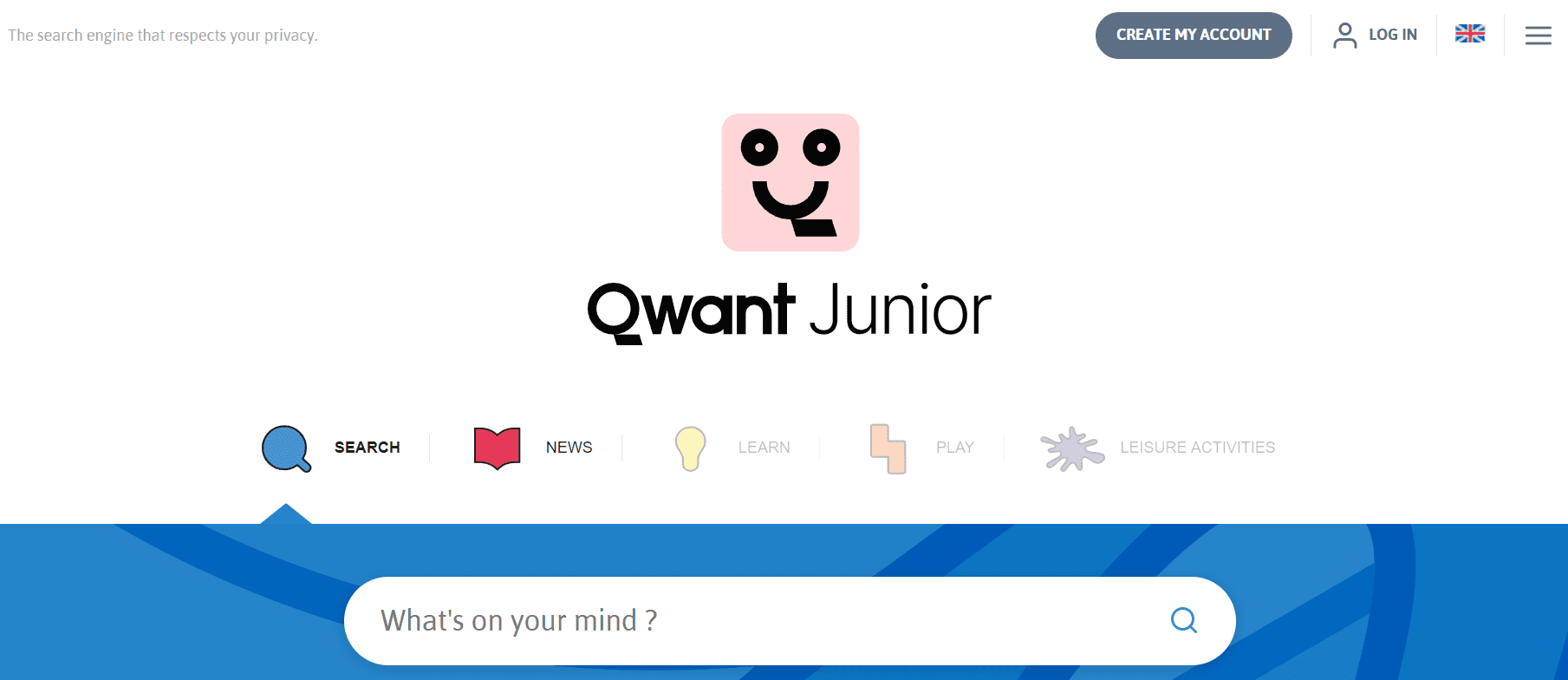
Additionally, although Qwant is designed primarily for the French market, it offers results tailored for various countries in Europe, Asia, the Americas, and Oceania. These include Great Britain, the United States, Canada, and Australia.
Who Should Use Qwant?
Qwant is ideal for users worried about internet privacy and their personal data. These are valid concerns when you consider that many search engines (including Google) sell user data to third-party advertising companies and deliver targeted results.
Moreover, Qwant doesn’t save your search history. Although this can be frustrating if you need to find something you looked for before, you might prefer to know that the search engine isn’t recording your online activity.
Additionally, this search engine is perfect for finding French-based content. Whether you’re learning the language, are a native speaker, or looking for businesses in France, Qwant has it covered.
Qwant is also an excellent search engine for parents with younger children. Similar to Google’s Safe Search, Qwant Junior filters pages to present age-appropriate results. It also has educational resources built-in, such as kid-friendly news, games, and leisure activities.
5 Tips for Optimizing Your Content for Qwant
There is very little information available about Qwant’s algorithms and ranking criteria. However, you can follow some general guidelines if you want your content to rank well in this search engine. Let’s take a look at five best practices.
1. Ask Qwant to List Your Content
Many search engines enable you to submit XML sitemaps to list your website’s content quickly. Unfortunately, Qwant doesn’t come with a Search Console like Google or similar feature.
This search engine automatically scans the internet for new content, and typically lists new websites within a few weeks. However, if your site isn’t showing up, you can contact Qwant directly and report the issue:
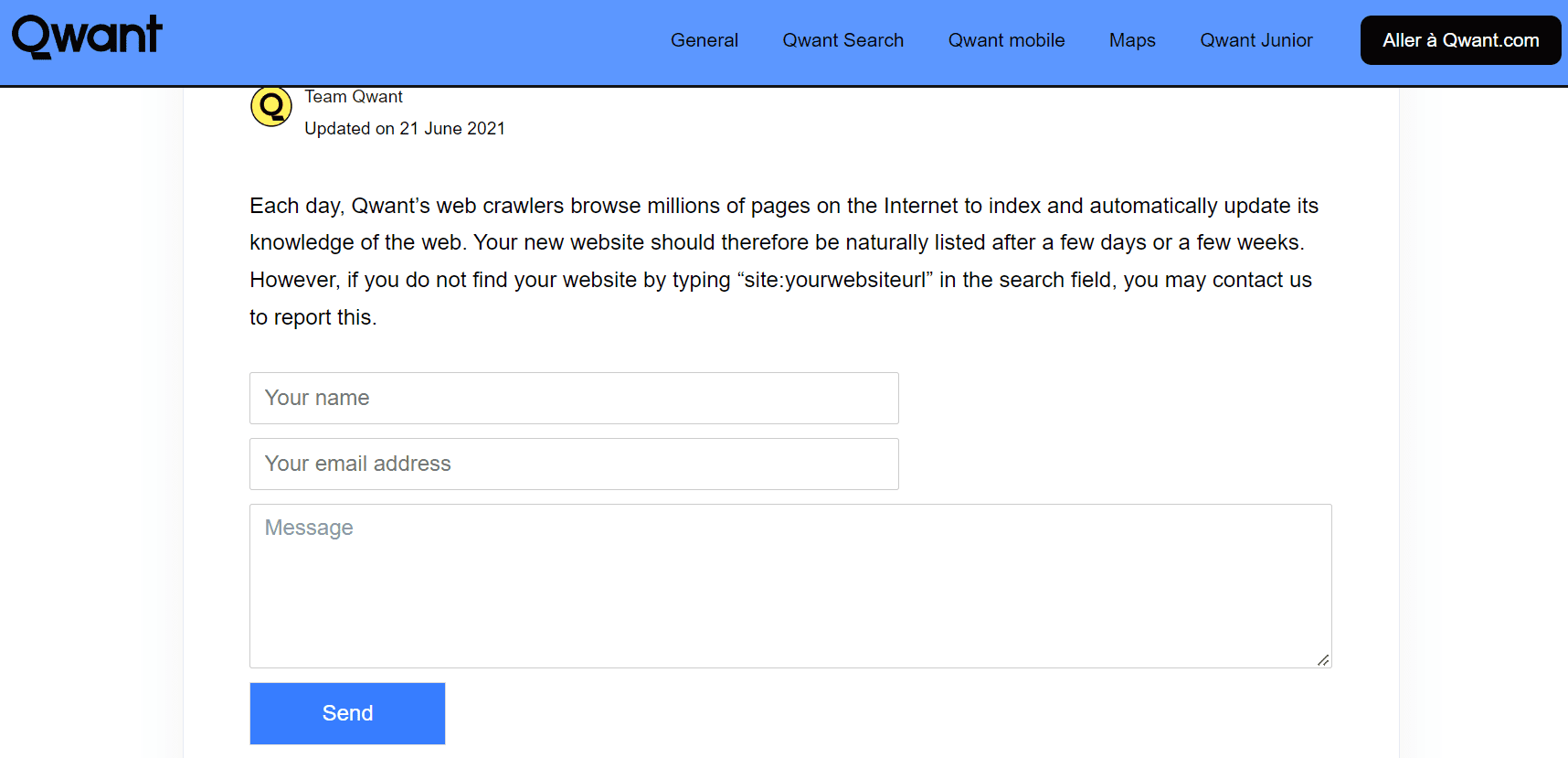
Then it’s just a matter of waiting for a response from the search engine. In the meantime, you might also want to focus your efforts on Yahoo, Yandex, and Ecosia.
2. Translate Your Content into French
As we discussed earlier, Qwant is a French search engine. Although it has translations and content in English-speaking, Asian, and European countries, it still focuses on the French market.
Therefore, it could be worth translating your content into French to attract more visitors to your website. Fortunately, you don’t have to do this manually. WordPress translation plugins such as WordPress Multilingual (WPML) can help you translate your posts and pages into more than 40 languages, including French:
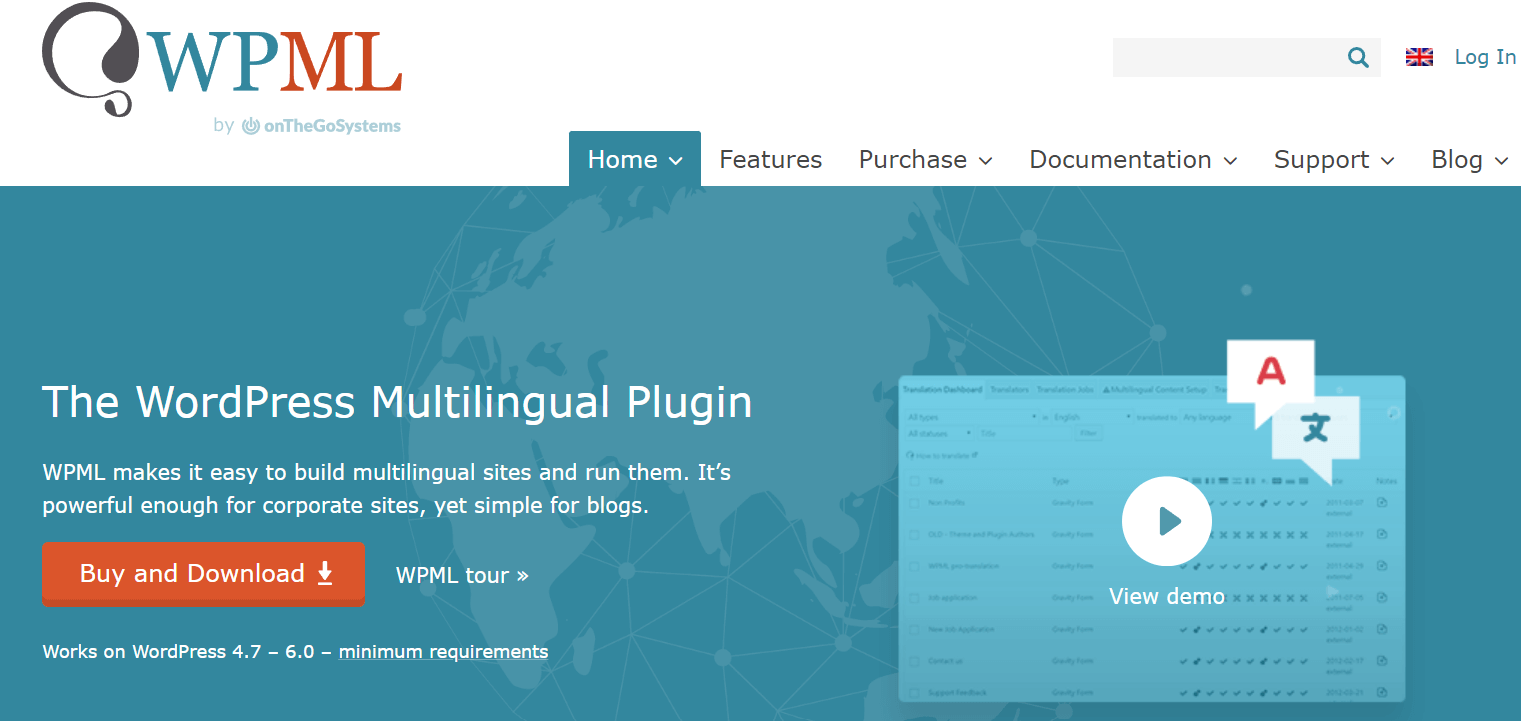
WPML can translate all of the elements on your website, including posts, pages, taxonomies, and menus. Additionally, it’s compatible with most leading WordPress themes, including Divi.
3. Optimize Your Content for Bing
Although Qwant is a relatively new and smaller search engine, it claims to have more than 20 billion web pages indexed on its servers. However, in some cases, it uses Microsoft Bing to retrieve search results when Qwant doesn’t have enough relevance or capacity for heavy images:
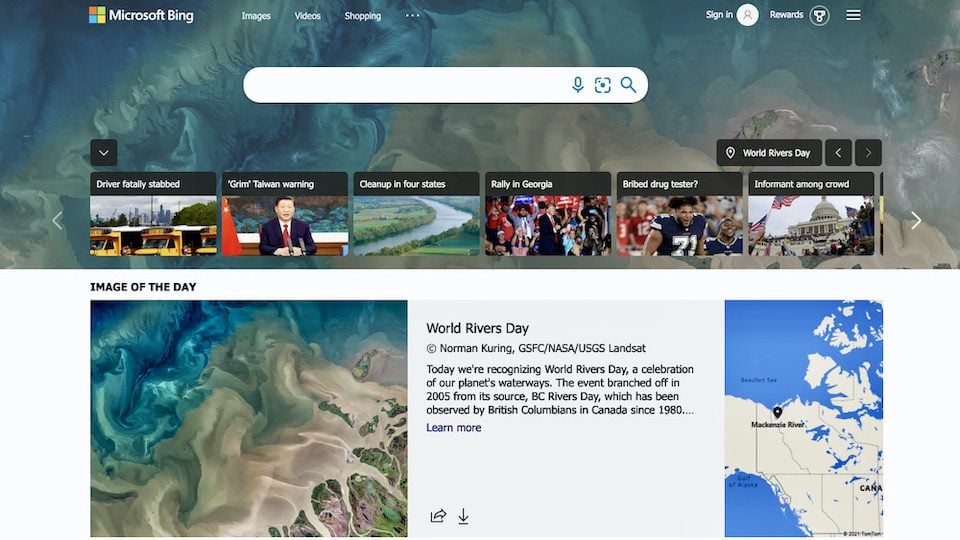
Therefore, it could be worth optimizing your content for Bing as well. You can do this by submitting your sitemap to Bing Webmaster Tools and using that interface to analyze your rankings.
It’s also worth registering your brick-and-mortar business on Bing Places, and growing your social media presence. Unlike many other search engines, Bing considers your search engine followers and engagement when ranking your content.
4. Focus on High-Quality Content
Most search engines value high-quality content. They use complex algorithms that can identify if posts are informative, well-written, and valuable to readers.
As such, it’s worth following some best practices when creating new content for your website, such as:
- Researching your topic area thoroughly
- Conducting keyword research to understand search volumes and search intent
- Writing catchy titles
- Creating outlines for your content
- Writing long-form and informative pieces
- Structuring readable posts
- Writing for your target audience
Remember that content isn’t just about words. Including high-quality images and videos in your posts can engage your readers, convey additional information, and break up walls of text.
5. Follow SEO Best Practices
Finally, we recommend following SEO best practices (also known as white hat SEO) to optimize your content for both search engines and readers. Although these tips aren’t Qwant-specific, they are generally applicable to most search engines:
- Use keywords throughout your content.
- Improve your website’s User Experience (UX).
- Optimize your site’s page titles and meta descriptions.
- Add alt text to your images.
- Build backlinks.
It might also be worth running an SEO audit on your website. This process can identify areas for improvement and provide actionable advice for enhancing your content.
Here are some SEO techniques you can start using right now, as well as some SEO plugins that will make the whole process much easier.
Conclusion
Qwant is a French search engine that focuses on privacy. It doesn’t collect or store user data, making it a great Google alternative for anyone worried about online privacy.
To recap, you can optimize your content for Qwant by following these tips:
- Ask the search engine to list your content.
- Translate your content into French.
- Optimize your content for Bing.
- Create high-quality content.
- Follow SEO best practices.
Do you have any questions about Qwant? Let us know in the comments section below!
Featured image via eamesBot / shutterstock.com

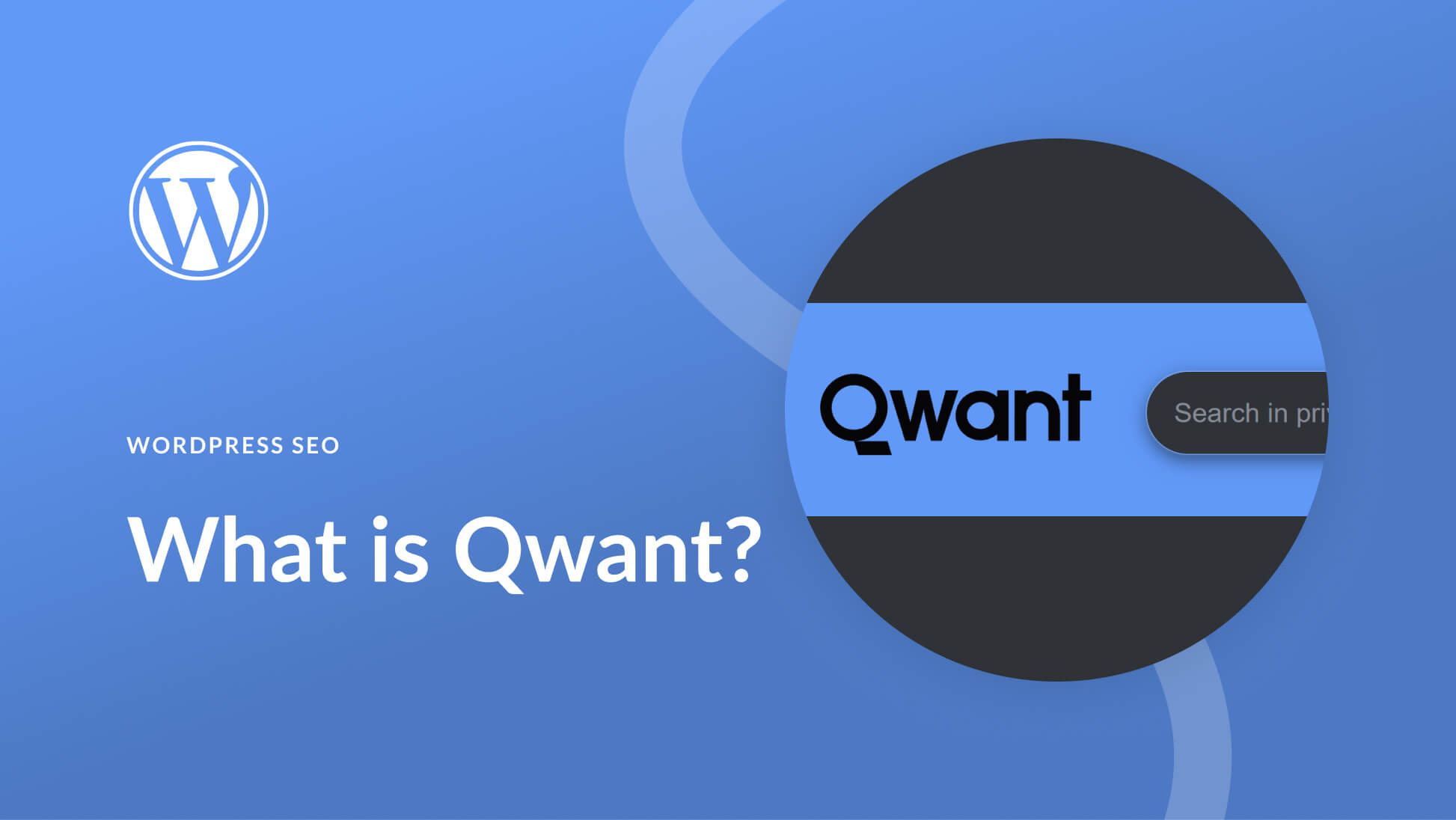






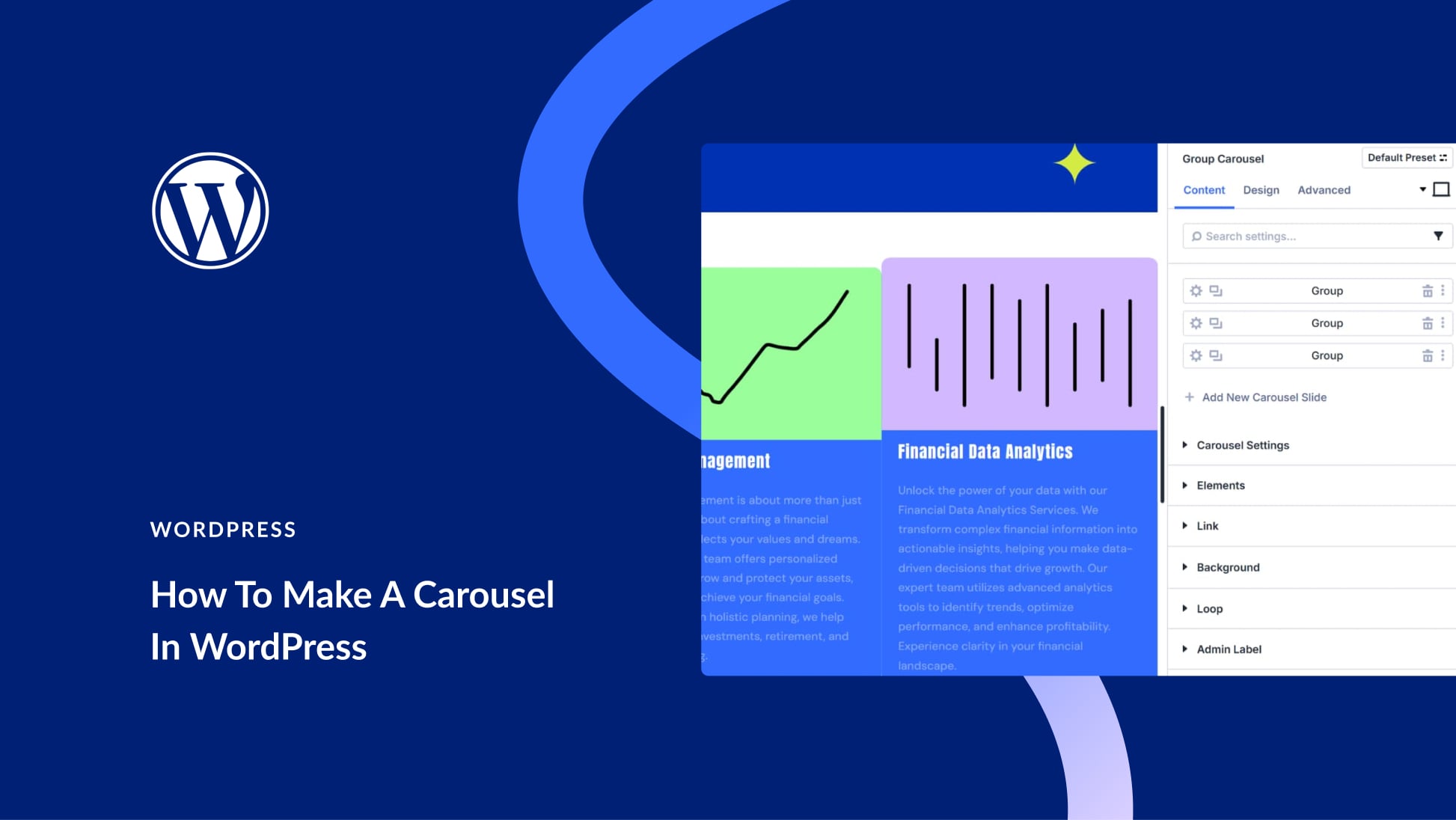
Your featured image has two different spellings – is it Quant or Qwant?
C Irwin, It is Qwant. Good catch. Sorry for the typo. Thanks for letting us know.